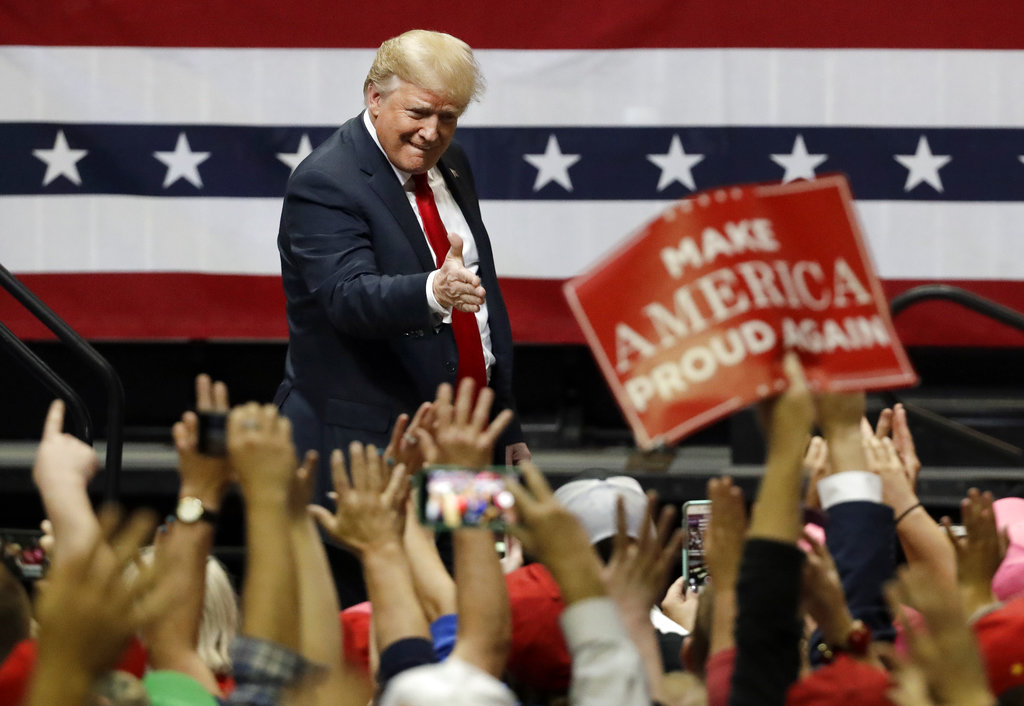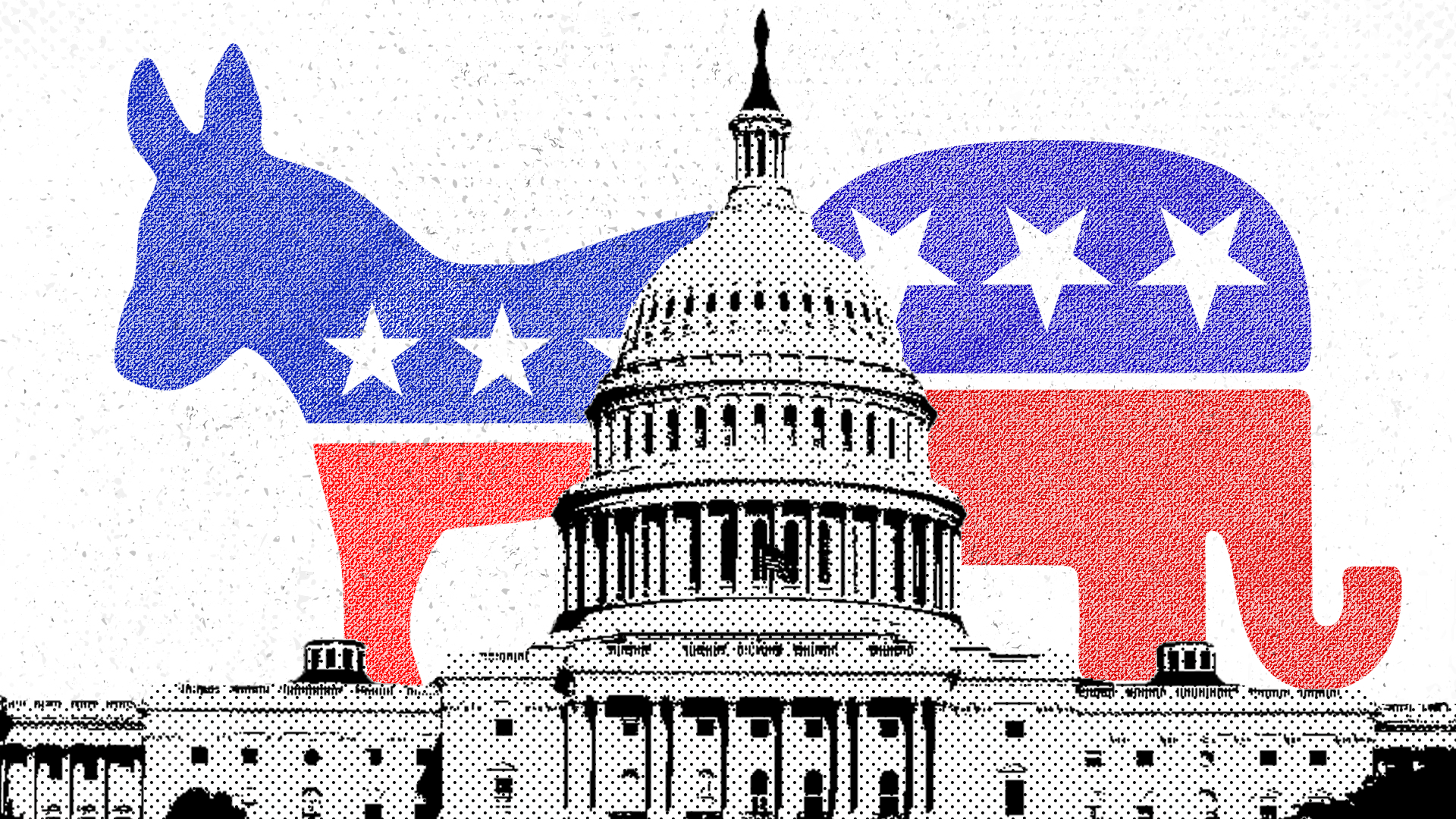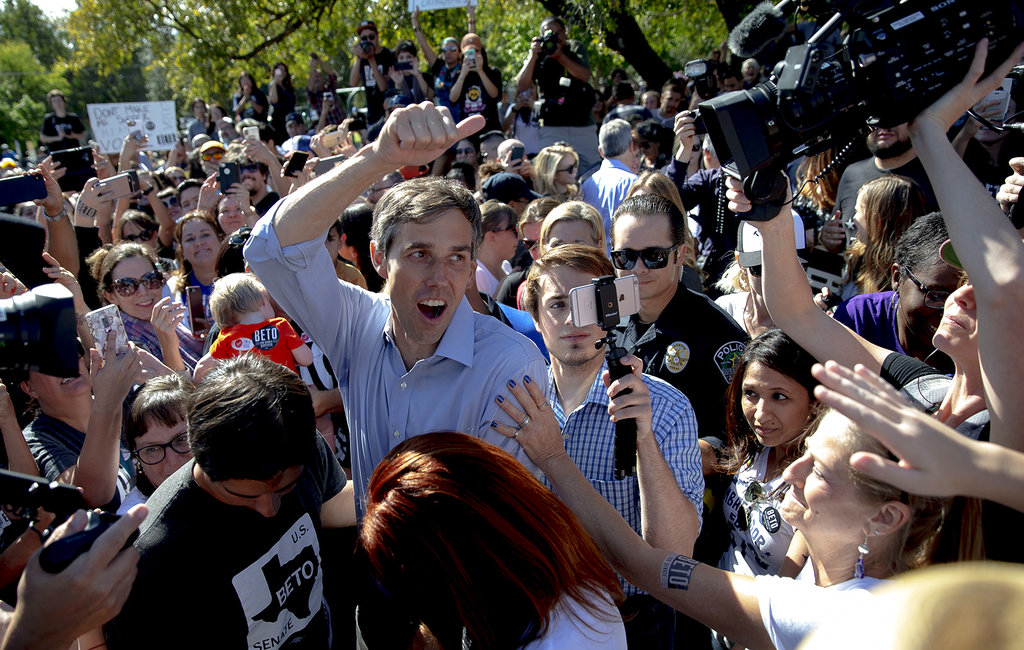Donald Trump described the outcome of the mid-term elections in the United States of America as an ‘incredible day’. For the Democrats, Mr Trump’s opponents, the results are a ‘turning point’. But the truth of these elections probably lies somewhere in between. The Republicans must be delighted with their tighter grip on the Senate. That would imply that the leverage of Republicans on crucial cabinet appointments — from the attorney-general to the defence secretary — remains unchallenged, even though there may be a few concessions now in foreign policy and in negotiations on climate. The Democrats, on the other hand, would undoubtedly take heart from their capturing of the House of Representatives. The conquest would be used to open new fronts in their sustained conflict against the president. The House committees, most certainly, would now look into such controversial issues as the alleged irregularities in Mr Trump’s tax returns or the suggestion — this is under scrutiny too — of a purported Russian role in the presidential elections of 2016. The spoils of victory for both sides in the mid-term elections reveal that the US remains a fractious entity internally. The Democrats may have made progress in certain constituencies. Women, ethnic minorities, students and young urban voters have preferred blue over red. But Mr Trump still has rural America in his pocket. More worryingly for moderate Republicans, Mr Trump remains a credible force within the party. The fact that liberal candidates did not fare too well also shows that orthodoxy and conservatism — Alabama and West Virginia have endorsed partial or a full-ban on abortion — continue to contaminate the American air.
Yet, there is no denying the fact that the message is not entirely bleak. Minnesota and Michigan have elected two Muslim women to the Congress in a country where a presidential candidate — Mr Trump — had demanded a ban on the entry of Muslims to the US. Four Indian Americans have been re-elected and a 19-year-old has made it to the Congress too. But is a coalescing of such disparate forces possible? If so, would such a coalition be strong enough to dislodge Mr Trump? The economy would hold the key to the puzzle.












